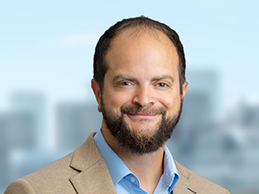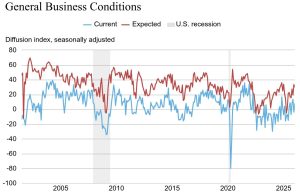Navigating New York state’s emerging cannabis industry hasn’t been a smooth ride, but Real Life Botanicals continues to strive to grow and build a name for itself in the business. Founder Stephen Halton grew up in Las Vegas, but would often visit the family farm in Madison County. He eventually returned to his New York […]
Already an Subcriber? Log in
Get Instant Access to This Article
Become a Central New York Business Journal subscriber and get immediate access to all of our subscriber-only content and much more.
- Critical Central New York business news and analysis updated daily.
- Immediate access to all subscriber-only content on our website.
- Get a year's worth of the Print Edition of The Central New York Business Journal.
- Special Feature Publications such as the Book of Lists and Revitalize Greater Binghamton, Mohawk Valley, and Syracuse Magazines
Click here to purchase a paywall bypass link for this article.
Navigating New York state’s emerging cannabis industry hasn’t been a smooth ride, but Real Life Botanicals continues to strive to grow and build a name for itself in the business.
Founder Stephen Halton grew up in Las Vegas, but would often visit the family farm in Madison County. He eventually returned to his New York roots when his mother received a historical barn grant to restore the barn at the farm. From there, he started Halton Hay as a part-time venture selling hay.
In 2017, New York State launched a hemp pilot program and was looking for hemp processors.
“I saw an opportunity and I started CNY Hemp Processing,” Halton recalls.
The business created hemp textiles and got into hemp plastics, such as straws, he says, but it was a struggle.
“It wasn’t really a sexy sell,” Halton says, and hemp straws just couldn’t compete with cheap plastic straws. “I was chasing funding and decided to take a break.”
Then in 2022, New York State started its cannabis program. Since he was already cultivating hemp, it was a natural progression to get a conditional cannabis cultivation license and begin growing cannabis, Halton says.
That first year was a tough one. “It was a very slow roll out of dispensaries,” Halton says. As a result, all his first crop went into biomass used for distillate products like vapes and gummies produced by others.
The following year also got off to a slow start. “I didn’t get my first sale to a dispensary until November of 2023,” Halton says. “It was nice to get sales, but it was also really difficult.”
Dispensaries were scarce and suppliers were plentiful, so Halton had to hustle to get his name and product in front of buyers. He began attending industry events and working with industry organizations to promote Real Life Botanicals. The payoff was landing his first New York City–based account in February 2024.
“It was really just a lot of leg work,” he says. “There’s a lot of growth, but it’s also a really difficult industry.” It’s been a lot of trial and error, changing pricing models, and battling increasing competition, especially as national brands started entering the market. All of this while the state was figuring out how it wanted to manage the industry, he adds, likening it to building the plane while flying it.
On top of that, operating a business that is legal in New York but still illegal on a federal level means Real Life Botanicals can’t take the same tax write offs as most businesses. Making a profit can be a challenge to say the least, Halton says
Despite all that, the business is growing and landing new accounts regularly, he says. His focus is on building quality relationships over quantity to help ensure repeat sales. “It’s easy to get on the shelves,” he says. “It’s difficult to stay on the shelves.”
Last year, the business received its tier four cultivation license, meaning it’s no longer a conditional license. It also received a tier one processing license, which means it can do its own distillation, Halton says.
“With that, we are able to bring our own vapes to market,” he says. The company is currently adding equipment for distillation.
Halton hopes to increase his sales volume by between 6 percent and 10 percent this year, especially with adding the new products.
Real Life Botanicals currently has two full-time employees, and Halton is looking to grow his team as the business grows. He’d like to add positions in production, cultivation, sales, and business development. “I’d like to wear less hats,” he quips.
Located in Madison County, Real Life Botanicals says it uses sustainable and regenerative agricultural practices to promote soil health, biodiversity, and a healthier planet.




